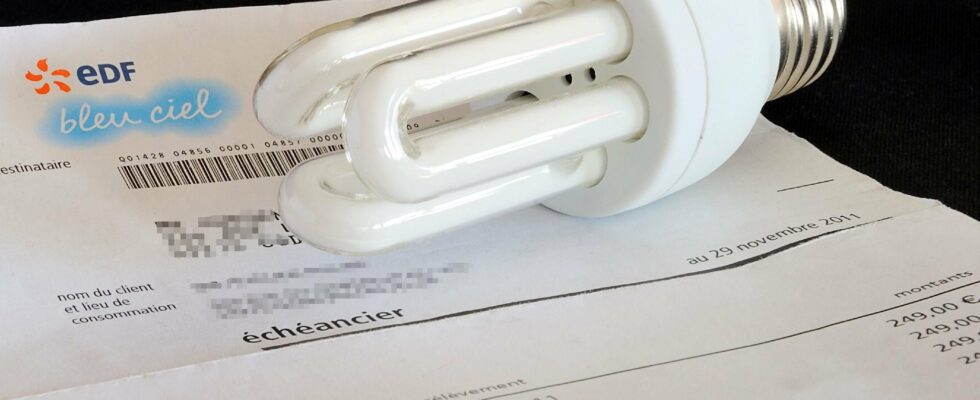Since February 1, more than 20 million French households have found an average drop of 15 % on their electricity bill. If this decrease may seem significant, it masks a more complex reality. After an increase of more than 40 % in two years, this reduction appears more as an adjustment than a real progress for the purchasing power of households and the energy transition.
Although this drop was appreciable, it could have been more substantial without the concomitant increases in taxes and fees. For example, on February 1, two notable increases limited the impact of the reduced rate reduction: the Turpe (price for using public electricity networks), the fee funding the electrical network, increased by 7.7 %. The CSPE (contribution to the public electricity service), a tax intended to support the energy transition, jumped 57 %.
Consequently, out of 100 euros spent on electricity by a household, 65 euros are made up of taxes and fees. This situation considerably reduces the room for maneuver to offer truly advantageous offers. In addition, this weighing taxation makes the passage to electric heating or the electric car less attractive compared to fossil fuels, thus slowing down the energy transition.
Faced with their bills, households admit their misunderstanding and frustration. An OpinionWay survey carried out in November 2024 reveals that 73 % of French people consider paying their electricity too expensive, and 34 % even consider that their bill is “far too expensive”. Beyond the price, a large majority of French people do not understand what it really pays: 64 % of respondents believe that their electricity bill is opaque and 59 % think that it is difficult to act concretely to reduce it .
The recipes for a successful energy transition
However, electrical uses are increasing. 67 % of French people say they use more electricity than before, in particular due to daily equipment and the boom in electric vehicles. How to lower the bill sustainably? It is possible to exceed the decrease of 15 % by optimizing electricity consumption and taking advantage of the periods when electricity is the cheapest. With the development of renewable energies and in particular solar, France is experiencing moments of electric abundance, especially in the middle of the day, which makes prices drop on the wholesale market. The energy regulator (CRE) understood this and will reposition this fall the off -peak hours to better reflect these moments of lower cost.
By synchronizing the use of energy -consuming devices (heating, hot water production, recharge of electric vehicles) with these off -peak hours, a home can move up to 80% of its consumption and thus significantly reduce its bill. Intelligent equipment, such as connected thermostats, controlled charging stations or energy management systems, makes it possible to optimize this use automatically.
Electricity is led to play a central role in our energy future, with the deployment of the electric car, decarbon heating and self -consumption. But for this transition to be accepted, it must be accompanied by an effort of pedagogy and readability on prices and optimization solutions. Solar plays a key role in this equation. With more than a million photovoltaic installations connected in France and an adoption rhythm that accelerates, solar energy proves that it can be an effective response to the double requirement of decarbonation and drop in bills.
It is now up to all players in the sector (manufacturers, energy suppliers, installers, etc.) to give all the keys to consumers so that they can make the right choices: more readable offers, accessible technologies and suitable advice to their needs. Because a successful energy transition comes above all through simple, understandable and advantageous electricity for everyone.
* Ondine Suavet, co-founder and co-ceo of MyLight150
